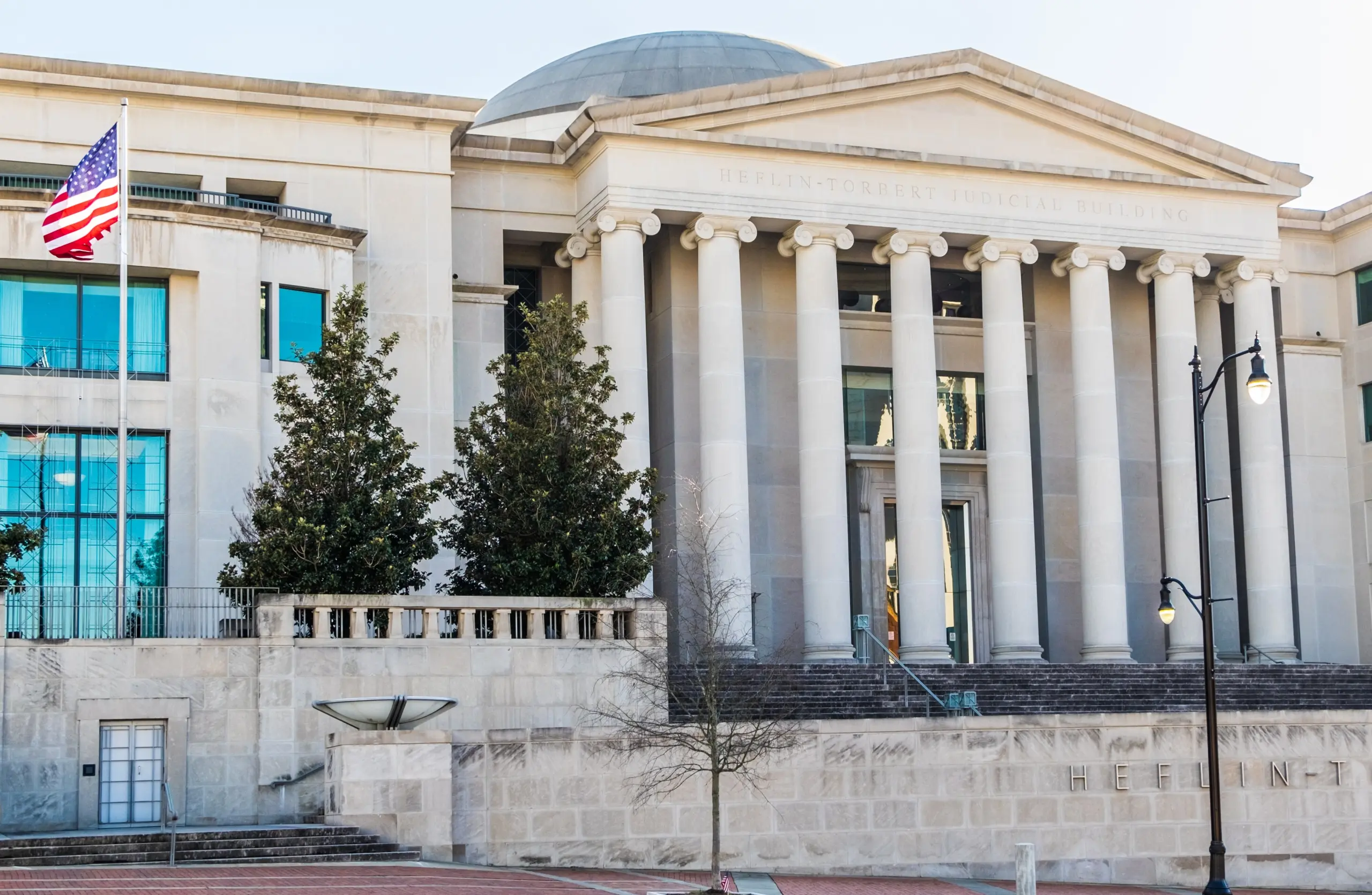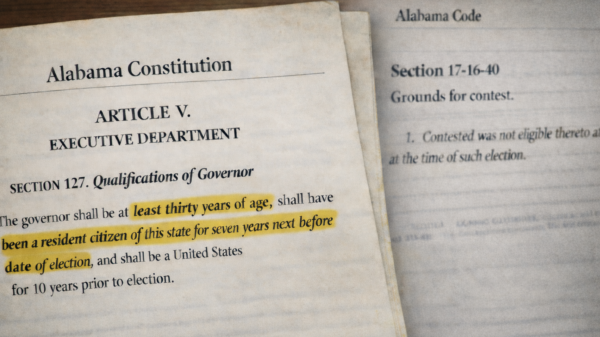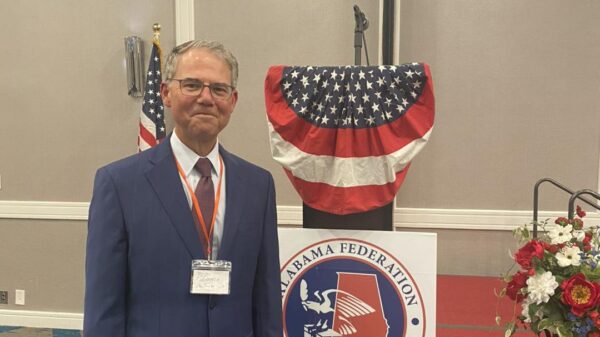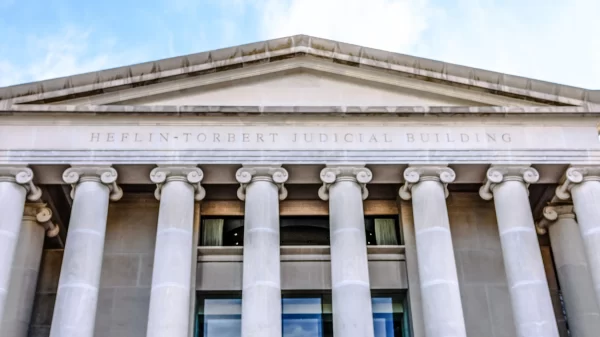In an odd legal move, the Alabama Supreme Court on Friday sent a lawsuit filed by inmates, who are arguing that the state’s prison work programs are essentially slavery or involuntary servitude, to the Alabama Court of Civil Appeals, and didn’t seem particularly happy about it.
In the lawsuit, a group of four inmates who are part of the work release program argue that, while they want to work, the various punishments applied to them by Alabama’s prisons for not working – often doled out without consideration of extenuating circumstances – are unfair. They argue that such a setup is in direct violation of the state’s newly rewritten constitution that makes illegal “any form” of slavery or involuntary servitude.
This case is separate from a federal lawsuit filed in 2023 that claims the state’s work release program was basically labor trafficking, which kept inmates who should have been paroled instead locked up in order to meet deals the state had to supply prison labor to various businesses.
In the state case, the prisoners asked for no monetary award and requested only that the court deem the system of punishment unconstitutional. They said that punishment often included revoking phone privileges, commissary access and visitation and home passes. It also could result in solitary confinement and unfavorable discipline reports that affect their parole eligibility.
The punishment, they said, often forced them to work when sick or injured and to perform jobs in unsafe conditions.
During a hearing last year, al.com reported that attorney Jessica Vosburgh, who is a senior staff attorney for the Center for Constitutional Rights that is representing the plaintiffs, said of the inmates, “They want to work. They just don’t want to be subjected to punishments if they don’t work.”
Work release programs in Alabama, like in other states, are supposed to be voluntary by design.
A circuit court in Montgomery ruled against the inmates last year and the case was appealed to the Alabama Court of Civil Appeals. The Alabama Attorney General’s Office challenged the civil appeals court hearing the case, arguing that the plaintiffs were seeking an award of greater than $50,000 – the threshold at which cases must be transferred to the Alabama Supreme Court – and that the case contained issues of novel constitutional questions.
Earlier this year, Civil Appeals apparently accepted the AG’s office argument and transferred the case to the Supreme Court. In Friday’s ruling, the justices seemed to be displeased with that decision, finding that there “nothing novel” about the issues raised and admitting confusion over the $50,000 issue.
“We are also perplexed as to why the Court of Civil Appeals automatically assumed that that the ‘amount involved’ for a constitutional-rights claim would exceed $50,000 in value,” the justices wrote. “Moreover, to the extent that the Court of Civil Appeals may have been under the impression that the prisoners’ claims were worth more than $50,000 because constitutional rights are of inestimable value, the holding is contradictory because it places a monetary value on the claimed right while intimating that its value is beyond measure.”
Five of the justices agreed to send the lawsuit back to the Civil Appeals court. Three others dissented and one abstained.





















































